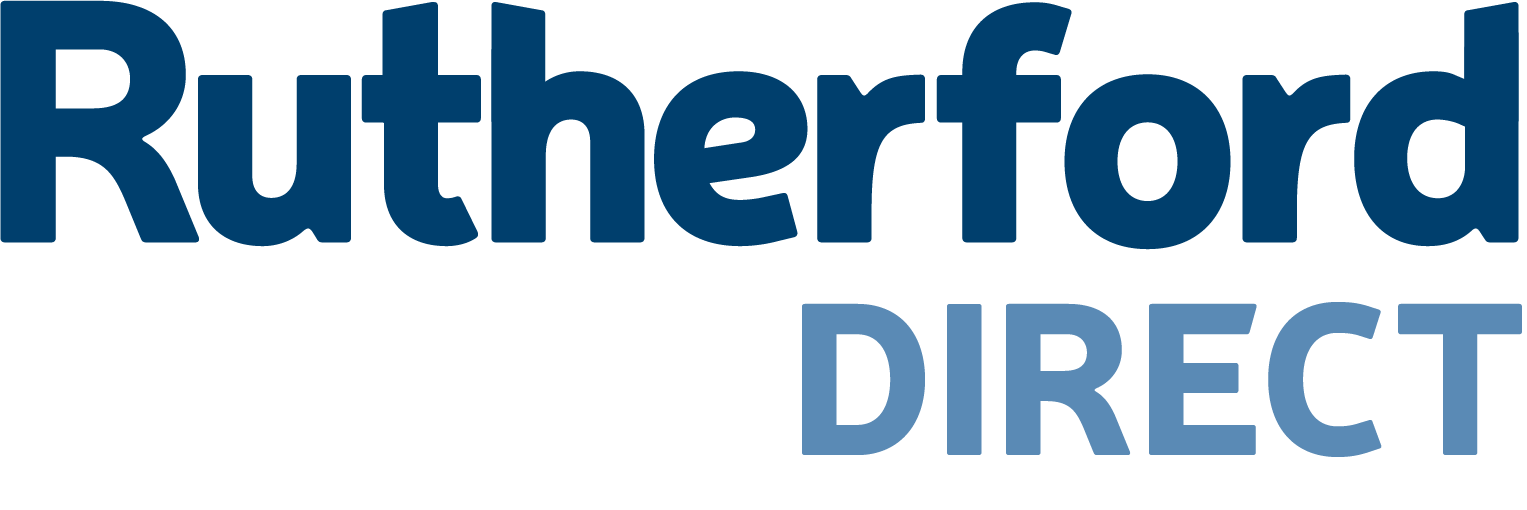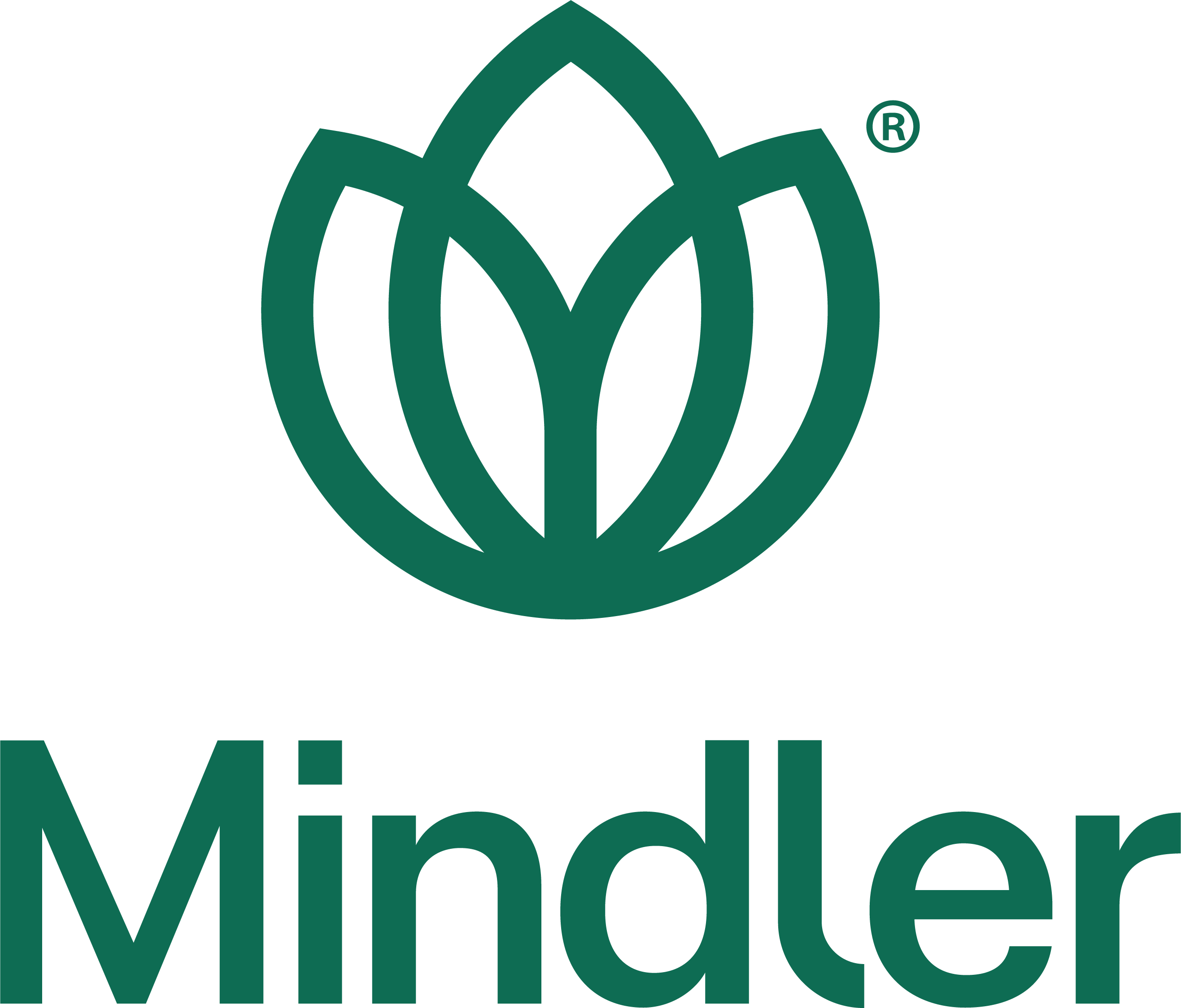As we’re entering our third-year wrestling with the COVID 19 pandemic, there’s another health emergency looming.
One in two of us will face a cancer diagnosis. How serious that diagnosis is often depends on how early the cancer is caught – for example, when diagnosed at its earliest stage, more than 92% of people with bowel cancer will survive their disease for five years or more, compared with just 10% when the disease is diagnosed at the latest stage, according to research by Cigna.
The pandemic has made early diagnosis difficult. It is estimated that more than 47,000 people have “missed” a diagnosis in the UK since the first lockdown, according to Cancer Research, and the sad fact is that more cancers will be diagnosed at a later, more serious stage than in 2022.
This will lead to longer, more serious treatment. Mike Moran from Rutherford Health says: “Achieving early cancer diagnosis has been a challenging goal even in normal times. An emergency effort is now required. Like with COVID, testing and diagnosis is our first line of defence against cancer.” So now is the time to think about what you offer your employees.
Specialist cover brings a different level of expertise
Health insurance is a good catch-all safety net. It’ll cover everything from a sprained ankle to wellness. But cancer is such a vast and complex disease. There’s no one way to treat cancer. There are so many different types of cancers degrees of seriousness and recovery rates. It deserves its own cover.
Take radiation therapies for example. In general, they all deliver radiation to treat cancer. But some radiation therapies can damage healthy tissue and have significant side effects.
Whereas other more targeted radiotherapy delivers radiation very precisely to the tumour, causing less damage to healthy tissue and more radiation to the tumour. Another alternative therapy is Proton Beam Therapy which can be even more precise and has significantly lower side effects.
This all might seem a little academic until you’re dealing with a prostate cancer diagnosis. Then the type of treatment, side effects and recovery rate become hugely important. A specialist cancer provider has access to more expertise, treatments and technologies. Because cancer is all they do.
But it’s not just about the depth of treatment. Every one of your employees will react differently to a diagnosis and will need their own personalised care pathway. From diagnosis to care to recovery, it’s about treating the whole person. Life doesn’t stop when you’ve a diagnosis. So, it’s important to fit treatment around people’s lives and cover things like accommodation and complementary therapies. Again, a specialist has more tools to deliver this.
Specialist cover delivers direct access
An insurance company is essentially a broker of health services. If you injure your foot, they’ll have a list of approved podiatrists who you can contact. If you qualify, you’ll be approved for treatment up to a certain amount of cost and then you can get treated. It’s simple and effective.
But cancer is a race against time. The moment you’re diagnosed, the faster you can get on to the right treatment pathway the better. That’s when dealing with a cancer specialist really comes into its own. Because you’re talking with people who know cancer and have that fast, direct access to care.
Cancer cover specialists aren’t insurers or care brokers, they’re part of a cancer care provider. Integrated into that network. So, they look at everything through a healthcare lens. They understand the need to move quickly and can deliver direct access to cancer specialists, treatment and technology.
Their policies are also different. They’re not insurance policies, they’re membership plans. So, there are no exclusions or caps. It’s all focussed on getting your employee direct access to the best care.
Specialist cancer cover is a culture differentiator
With less than one fifth of UK employees covered by private medical insurance, providing any kind of health cover makes a statement. But providing cancer cover? That’s a different level.
Many people will have experienced cancer, either themselves or through a loved one. As a matter of fact, after COVID, cancer is our biggest health concern. At the same time, the UK is going through a serious skill shortage. Almost two thirds of UK firms say that lack of skilled applicants for new jobs is their number one concern.
So, bringing all of this together; cancer is the top non-COVID health concern for most people and there’s a massive skill shortage. If attracting and retaining the best people is important to your organisation, then cancer cover could be a powerful differentiator.
Getting your people fast, direct access to world-leading cancer care can have a real, tangible effect on that person’s life. That’s a hard metric. But knowing that your employer is treating your health not as a benefit box to be ticked, but as something to really invest in? Think of the effect this will have on wellbeing, morale, engagement and culture.
Emma Spencer, HR manager at WHP Telecoms, says: “Our employees know that we care and that in itself promotes employee loyalty and engagement”. Going above and beyond the norm when it comes to people’s health can positively impact everything from loyalty to productivity.
Whether you’re faced with a diagnosis or helping an employee through a diagnosis, specialist cancer cover can provide that fast access to therapies, treatment and technology that can make all the difference.
Who is Rutherford Direct?
Rutherford Direct is a specialist cancer cover provider on a mission to make better cancer care directly available to as many people as possible. A part of the world-leading Rutherford Health network of cancer clinics, Rutherford Direct is a brand-new approach to cancer cover. Focussing on speed of access and exceptional quality of care.
If you'd like to find out more about how to support colleagues through a cancer diagnosis, click here to download HR magazine's ebook, in partnership with Rutherford Direct.













